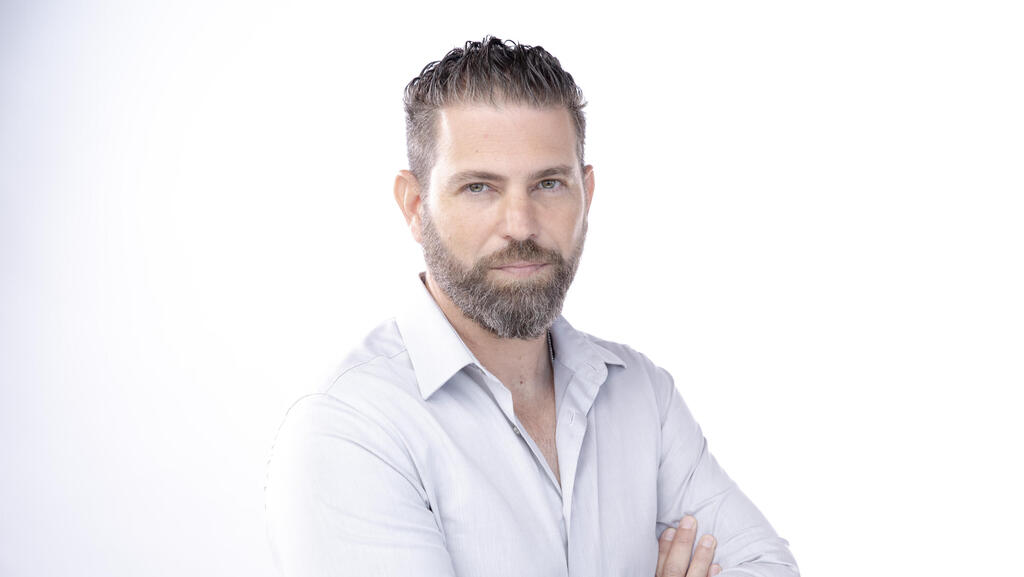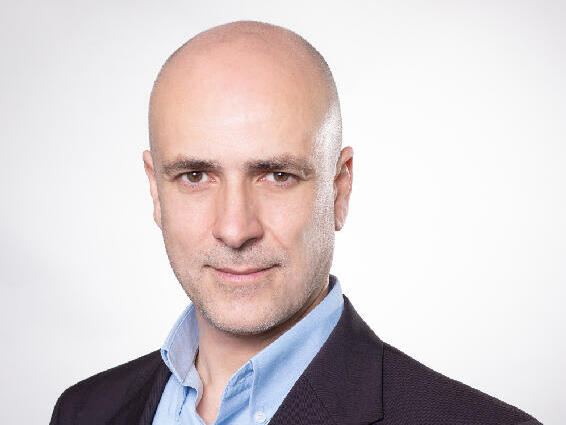
Microsoft looks at Israeli high-tech as its ‘Gas and Oil’ in the Middle East
As the company searches for potential growth engines in the region, it partnered with Sapiens as a way to better penetrate the insurtech industry.
Microsoft Israel has described its measures to collaborate with its local tech sector as a way to invest in “the gas and oil” of the region. Citing the worldwide economic slowdown beginning two years ago, the company is committed to identifying growth engines in the region to help remain “resilient enough for whatever will happen to the country” amid the ongoing war with Hamas.
“Microsoft in Israel for many years has been part of Central Europe, the Middle East, and Africa. Our headquarters reside in Dubai and most of our leadership team sits in or is in Dubai. So we looked at our neighboring countries and they had a very clear identification, which was mainly around gas and oil,” explained Alon Haimovich, Microsoft Israel Country General Manager. “When we looked internally to Microsoft in Israel, we tried to look for our own gas and oil… what we found out is it was all about our high-tech industry.”
Haimovich served as Public Sector and Enterprise Commercial Lead, VP Sales at Microsoft Israel until 2022 when he was promoted to GM. Speaking to CTech, Haimovich confirms that Microsoft has a footprint already in some of the largest enterprises in the world, yet it last year partnered with Israeli insurtech company Sapiens to better solidify its position in the insurance space.
The agreement sees Sapiens integrated with Microsoft Azure OpenAI Service to harness generative AI models and tools for the insurance industry. Customers can navigate complex documents such as policies, terms and conditions, and more, using natural language models.
“High-tech could be a code name for startups, digital native companies, or SaaS companies,” he continued. “But all in all, high-tech is our engine, this is the gas and oil. Now, there were a few other technology providers that have been ahead of us for a few years. So what will be our strategy to work with those types of companies in particular… the first thing was to redefine our identification.”
Related articles:
It also added Sapiens to its Marketplace, a website that contains solutions from a total of 73 “VIP” companies that work with Microsoft and the Microsoft Cloud. Since Azure is used by more than 95% of Fortune 500 companies, the Israeli company will have a strong foot into impacting the insurtech industry around the world. According to Haimovich, there are at least 12 different use cases Microsoft is working on with Sapiens, such as measuring customer sentiment, helping them compare proposals from competitive sites, and providing consultancy services with generative AI bots.
Other Israeli companies included in Microsoft’s Marketplace include cybersecurity company Varonis and healthcare AI-powered conversation tool Hyro, among others.
“What we bring to play is a very, very deep understanding of insurance knowledge and a very good understanding of what makes the market think, and how to bring these capabilities into the core of our products,” said Alex Zukerman, Chief Strategy Officer at Sapiens. “And by running on Azure natively and with OpenAI natively, I think this is a differentiator that the market has not seen before.”
An Accenture report estimates that AI could save the insurance industry up to $390 billion a year by 2030 and that a 10%-20% increase in productivity can be achieved by implementing AI in the insurance sector. Described as going from “disruption to evolution”, the insurtech industry is expected to meet the same expectations customers have when using other services such as Amazon or Expedia, and Microsoft hopes that its investment in the space with the aid of an Israeli company can help it achieve market dominance in the future.
“Microsoft really believes that to provide a real value proposition to our customers, we need to partner as much as we can,” Haimovich concluded. “Sapians is a great example for insurtech, but we have it in Fintech, Healthtech, Cybertech, and so on. So the engine is not to ‘know it all’, but rather to partner with as much as we can and learn it all.”

